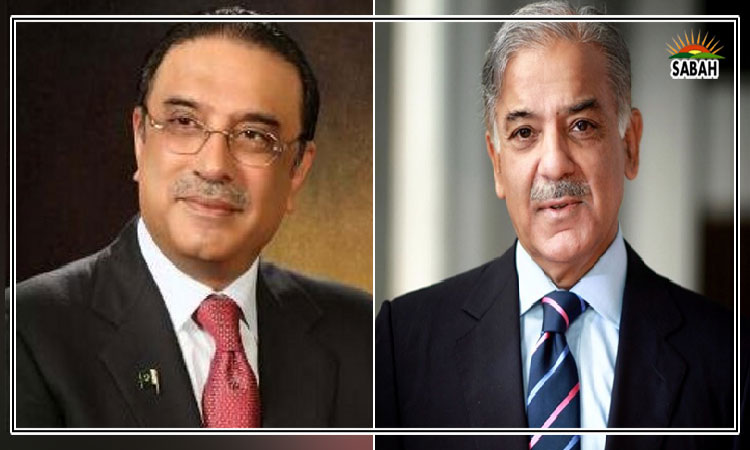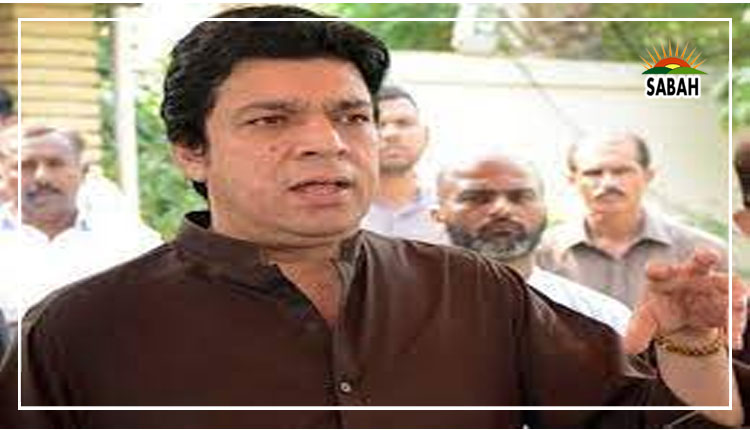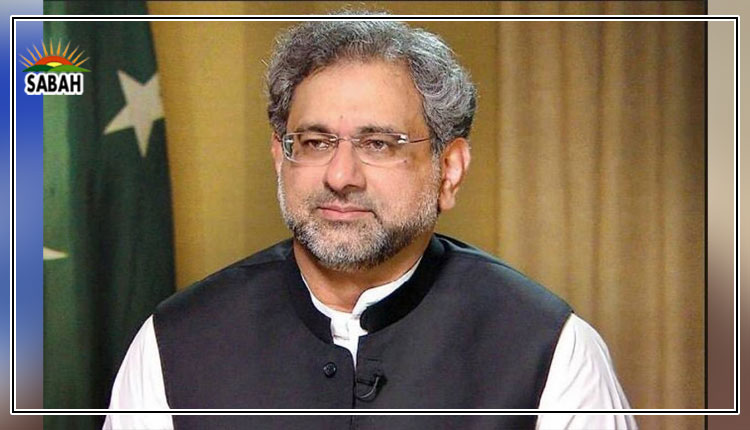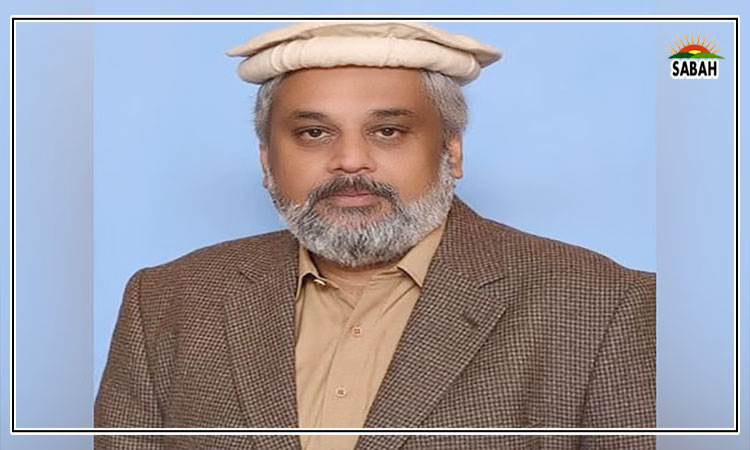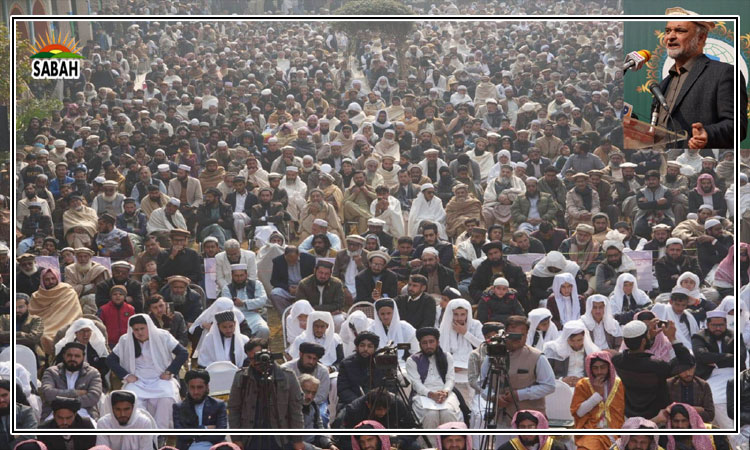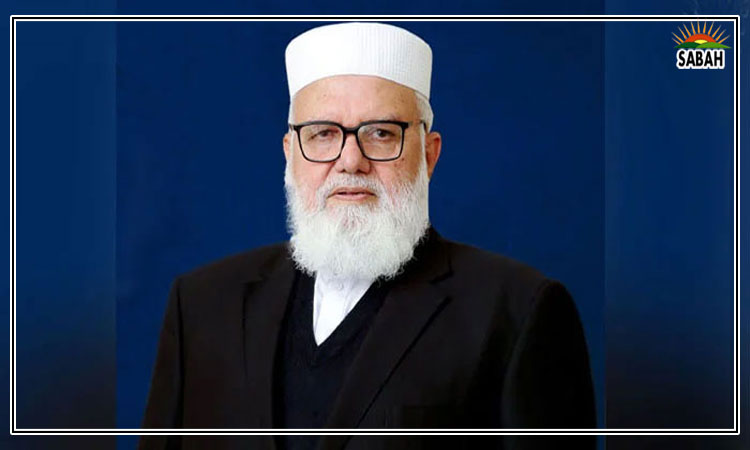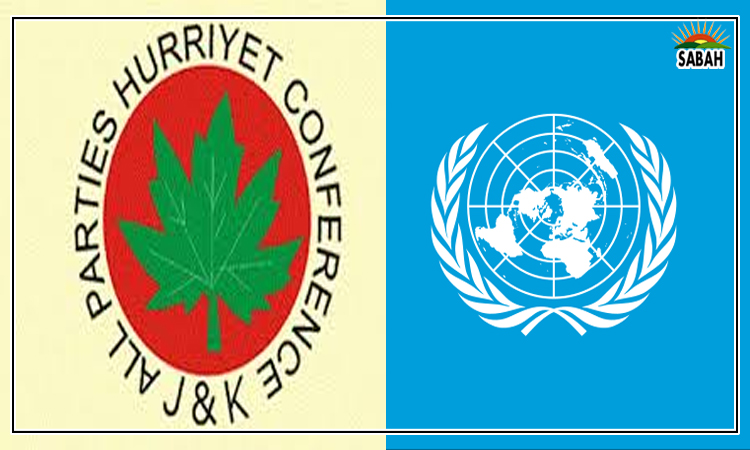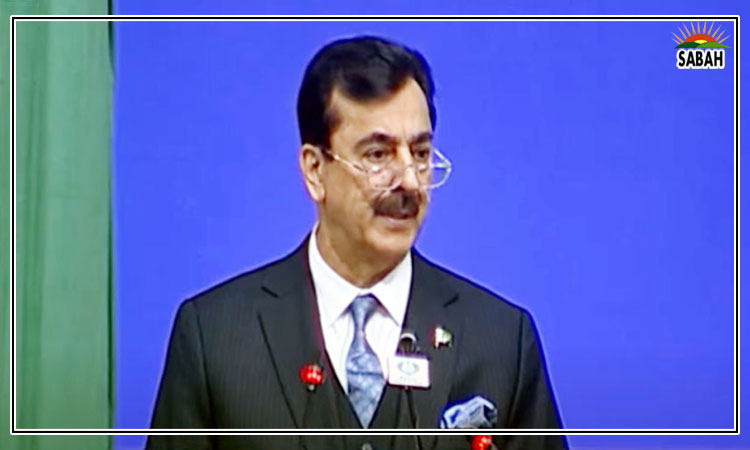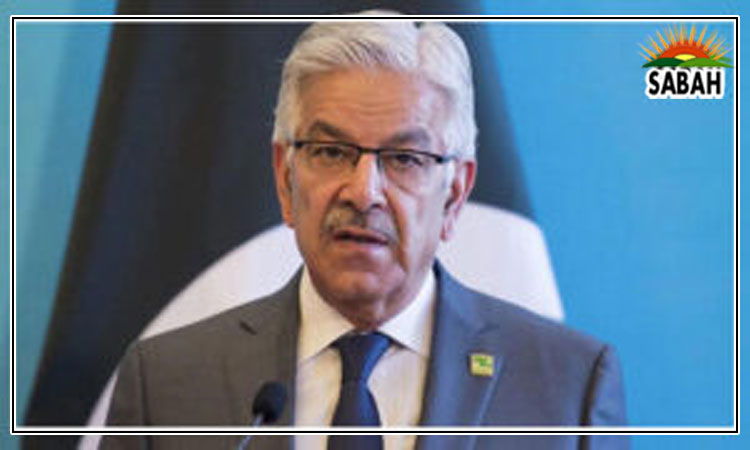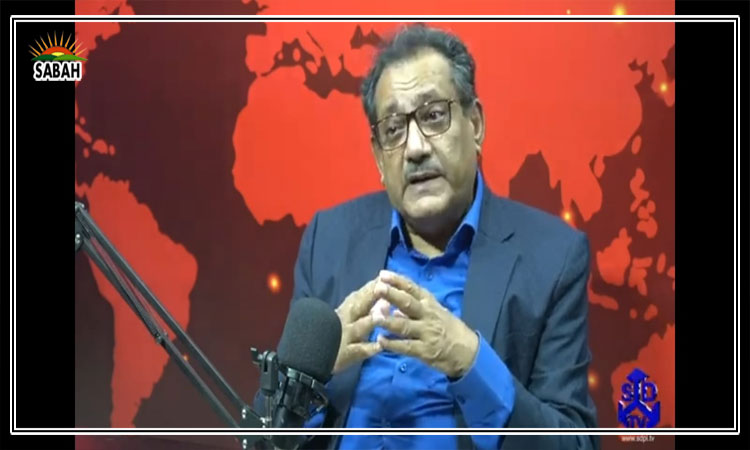Fall of Hasina Wajid paves way for ‘Bangladesh-China-Pakistan’ regional initiative: Dr. Shafqat Munir
ISLAMABAD, August 08 (SABAH): Research Fellow at Sustainable Development Policy Institute (SDPI) and a specialist on South Asian Affairs, Dr. Shafqat Munir on Thursday expressed the optimism that with the fall of Hasina Wajid, a new power balance in South Asia will help strengthen Bangladesh-China-Pakistan regional initiative for peace, development, and prosperity.
Talking about the recent uprising in Bangladesh in a SDTV programme, Dr. Shafqat said Awami League’s politics was of hatred, and divide without realising the sentiments of three generations of Bangladesh as she could not maintain the heroism of her late father for long and with her largely pro-Indian stance she keep distancing herself from a large number of people who disagreed with her politics of authoritarianism. The three generations included: the population who lived in united Pakistan, a generation that was grown up in Bangladesh with some bitterness of the past, and a new young generation who did not have the baggage of strained history.
Sharing his experience of interacting with these three generations, Dr Shafqat said by and large a majority of the people hailing from these generations with predominantly did not like the country’s tilt towards India by distancing from Pakistan. One extremist sizeable population that was supporting Awami League was certainly siding with Hasina on her pro-Indian politics. Amid this reality, Ms Hasina remained insecure that is why she relied on Indian security and Modi’s then stature which has now been eroded after the general election 2024 in India. Indian elections happened to be a demise of Hindutva. Hasina had assumed that India and Modi will emerge as the most powerful but that proved to be a counter productive for her political strides,” he added.
Dr. Shafqat said Modi used Hasina to derail the South Asian Association for Regional Cooperation (SAARC). In the SAARC region- Bangladesh, India, and Pakistan are leading powers followed by Nepal, Sri Lanka and others. Hasina put her weight behind Modi while now the new power dynamics may take place in the region which hopefully would help revive SAARC with India no more a spoiler power.
“I met several people who shared good memories of their lives in united Pakistan and denied that all Bengalis were against Pakistan. They were of the view that all Bengalis did not want to separate from Pakistan but due to some vested interests, the separation was projected as independence by some national, regional, and international players. A senior citizen was of the view that how could they claim independence as Hasina subjugated us to India,” Dr Shafqat said.
The Army and other state institutions were closely watching Hasina’s policies and once this uprising started and reached its peak, the Army declared that they are with their people and not with Hasina, the government. The sparked strengths and the mob moved to topple the government. Over the years, mutiny within the Bangladesh Army was witnessed but the Army and other institutions had reformed themselves and finaly did not block toppling of an authoritarian and arrogant regime.
The Army and protestrs in Bangladesh, he said, unanimously challenged the mandate and upheld state interest during the protests to end Indian influence over their sovereign state, adding, “The development that has been done is through Indian investments in the businesses and industry apart from Chinese investments. The economy was developed but not linked with political stability.”
Importantly, he said Pakistan’s flag was hoisted in the protests and a large number of the population believed that separation from Pakistan was a political compulsion imposed by outer forces. It is hoped that the protesters, caretaker government, and leading political parties will ensure that democracy is restored as Begum Khalida Zia has demanded for fresh elections in next three months to shorten the span of the caretaker set up. Begum Zia had ruled with a balanced approach towards India and Pakistan. However, during Zia’s rule Pakistanis were never intimidated but during Haseena Wajid’s regime, they used to detain Pakistanis on the Airport despite a valid visa.
Dr. Shafqat believed that the strained relations between Pakistan and Bangladesh will normalize, and trade will improve further. He claimed that India is losing its grip over the region as Modi himself has weakened after losing Bangladesh who was the strongest ally of India in the region. “Modi has convened his security experts in the present situation as it has got serious security concerns after fall of Hasina in Dhaka,” he added. “India before elections had predicted that Modi would emerge as a more powerful leader but people in India had realized that he was isolating the country and getting lethal for the society under his Hindutva ideology causing polarization against Muslims and Christians and other,” he observed.
Dr. Shafqat underlined that the South Asians by temperament are democratic and liberal people as Pakistan, Sri Lanka, Bangladesh, India, and Nepal are democratic through mind and thought but extremism has been implanted within Pakistan and India to create division. “Populism, Rightism experiments are failing and when South Asia will return to its original values that will bring stability in the region,” he said.


